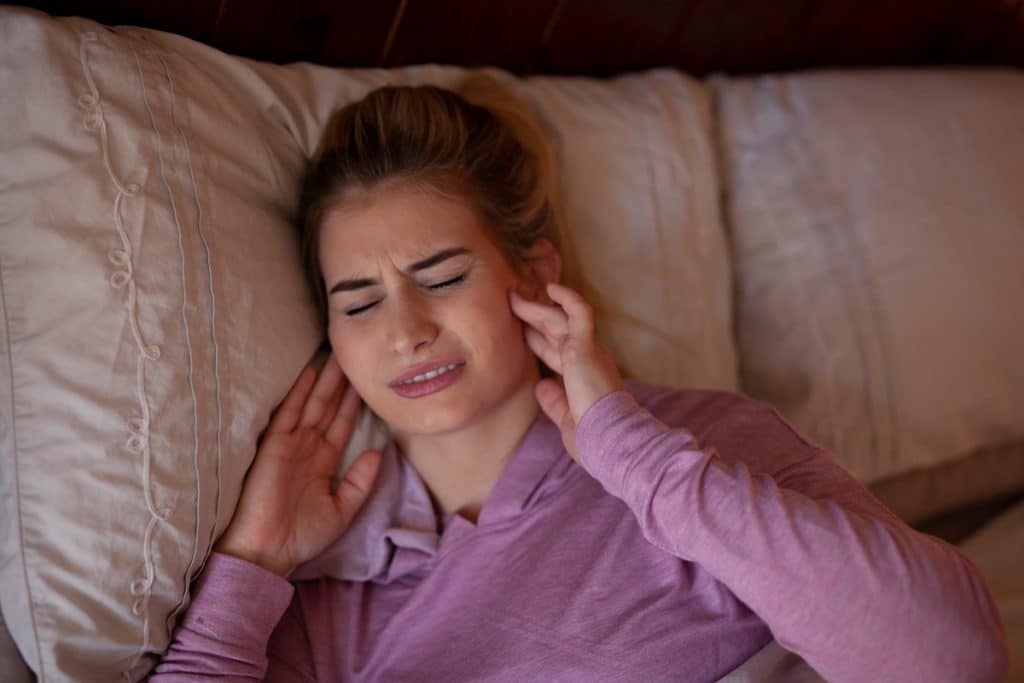How Do I Get Pain Relief For My TMJ?

TMJ, or temporomandibular joint disorder, can cause severe pain in the jaw joints, head, and face. The disorder can interfere with enjoying daily life. Many patients need help managing their TMJ symptoms.
The temporomandibular joints are located at the corners of the jaw, where the jaw connects to the skull. They are among the most complex joints in the body and allow many different types of motion.
Dentists offer several viable options for reducing the impact of TMJ on your life. This blog will explain how dentists can help you overcome the pain and describe the disorder's symptoms and causes.
Pain Relief for TMJ
TMJ often responds well to non-invasive, supportive therapies. Only severe cases typically require surgical intervention.
Heat and Cold Therapy
Use either heat or cold on your jaws and face. You can experiment with which temperature helps you feel better at any given time.
Stretching Exercises
Your dentist can teach stretches to release tension in the temporomandibular joint and surrounding muscles.
Diet Changes
When your TMJ flares up, change your diet to avoid unnecessary stress on your jaws. Eat softer foods like scrambled eggs, mashed potatoes, yogurt, well-cooked meats, and ice cream. Avoid hard and chewy foods like nuts, caramel, and steak.
Reduce Wide Jaw Movements
As much as you can, control how widely you open your mouth. Try to avoid wide yawns, yelling, or singing loudly. Letting the jaw rest will make it more likely to heal.
Teeth Grinding
Many doctors believe that bruxism (chronic teeth grinding) and TMJ are related. While bruxism may not always cause TMJ, the symptoms can exacerbate each other. If you grind your teeth, ask your dentist for a custom night guard.
Medication
Some patients with more severe TMJ may need medications like pain relievers and muscle relaxants.
Surgery
Surgery is reserved for the most extreme cases of TMJ or if all other therapies are unsuccessful.
Symptoms of TMJ
- Jaw tightness and pain
- Trouble opening the mouth
- Pain that spreads into the face, neck, and shoulders
- Ear pain
- Altered dental bite
- Headaches
- Jaw locking
- Clicking, popping, or grating noises from the jaw, accompanied by pain
Causes of TMJ
Jaw Injury
Injury is a prevalent cause of TMJ. The joints may suffer damage or dislocation when patients suffer a traumatic injury like a car accident or blow to the face.
Disc Problems
The disc inside the joint allows smooth movement. If the disc becomes damaged or misaligned, the patient may have trouble with normal jaw functions.
Arthritis
This condition can cause the joint to degrade or break down, making motion increasingly challenging.
Stress
Researchers have linked stress to increased symptoms of TMJ. Stress causes patients to clench or clamp their jaws, overusing and putting strain on the muscles around the TMJ.
Frequently Asked Questions About TMJ
Can TMJ go away on its own?
Sometimes, TMJ symptoms dissipate without medical intervention. However, many patients need guidance from their dentist to manage their symptoms successfully at home.
Do I see a doctor or a dentist for TMJ?
Both doctors and dentists can treat TMJ. However, TMJ is closely related to the facial muscles, jaws, and teeth, which dentists thoroughly study. Dentists can also offer specialty therapies like custom oral appliances.
Call Fallin Family Dentistry
TMJ can disrupt your life, but this disorder is treatable. If you have any of these painful symptoms, call our Zachary, LA office at 225-654-2212 to learn more about TMJ and schedule a consultation with our doctors.
